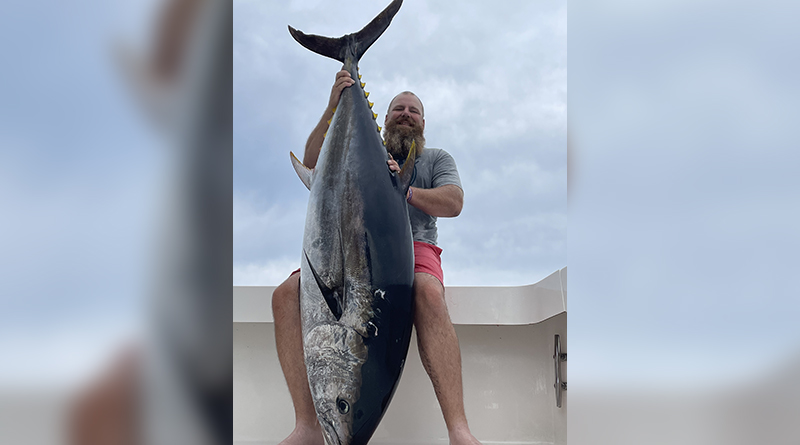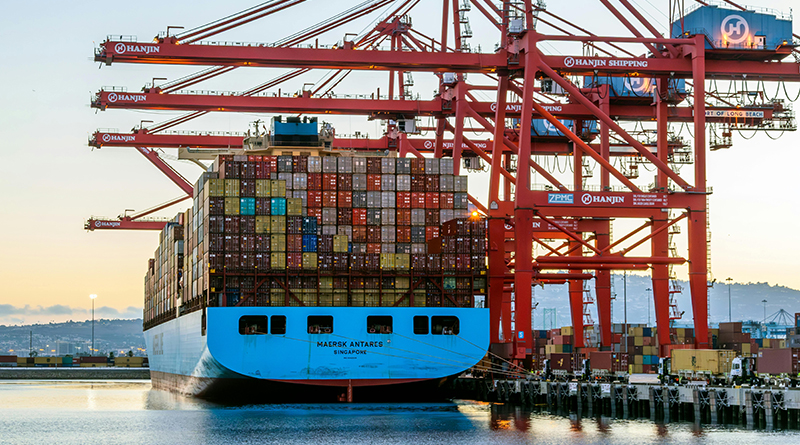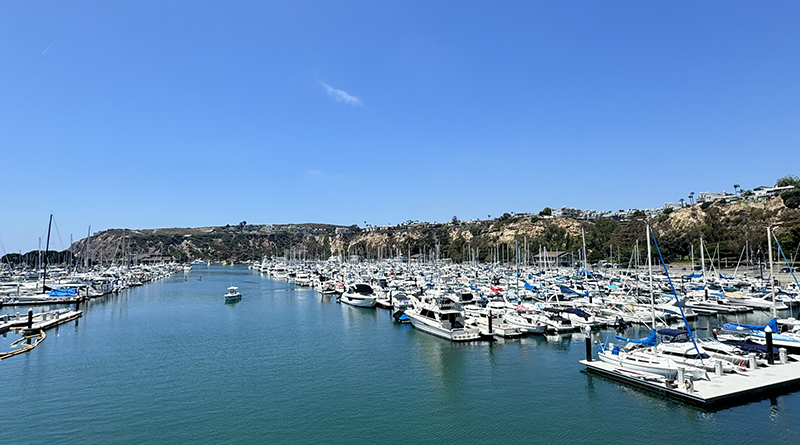Getting out on the water — to fish, swim, snorkel or sail — is a proven way to improve both our physical and mental health. For our military veterans, particularly those who’ve served in combat, the therapeutic effects of being on open water can be a means of healing old wounds and improving their overall quality of life. Those of us involved in the aquatic lifestyle can attest to the positivity and happiness derived from being on the water.
Combat veterans in particular enjoy water sports because, as most of us know, being out in a boat on inland or coastal waters can be infinitely calming and rejuvenating. It can leave us refreshed and ready to take on the demands of life back on land.
For veterans, water sports are especially therapeutic. The motion of water and exposure to bright, sunny skies naturally take them away from their shoreside distractions and deliver them to a world of fun and the excitement that comes with physical challenge.
War Heroes on Water (WHOW) is a Southern California annual fishing tournament dedicated to supporting programs for military veterans, particularly those wounded in combat. Not only are military veterans served by funds raised by WHOW, but they’re also among the many participants in the tournament.
Just one of the many aquatic programs serving military veterans throughout the U.S., the WHOW tournament begins with Opening Ceremonies at Newport Beach on Saturday, September 20, then concludes Monday, September 22, at Catalina Island’s Green Pier for closing ceremonies and live weigh-ins. The Awards Ceremony on Tuesday, September 23 is closed to the public.
“We’re fortunate to have so many generous donors, sponsors, captains and crews who understand the challenges facing our nation’s heroes and want to help,” said Anthony Hsieh, WHOW founder. “Their support each year allows us to expand our reach to more veterans and families.”
The tournament’s goal is to show veterans how much they mean to everyone, while giving them a chance to experience the healing power of the ocean. At the same time, the participants build lifelong bonds with fellow veterans. Some veterans have served in active combat — some with battle wounds, both physical and psychological, that still impact their daily lives. For those who are ambulatory and able to board a boat and walk safely across the deck, the cool breeze and movement of the boat over ocean swells have a calming effect, reducing anxiety and creating an exhilarating atmosphere among participants.
WHOW’s mission is three-fold, explains Hsieh, raising awareness about the challenges facing veterans, establishing “lifelong bonds between the veterans themselves,” and finding new fundraising sources that support services for veterans.”
Through financial contributions to Freedom Alliance — its qualified §501(c)(3) organization partner — and its interaction with former military service members, WHOW helps raise awareness throughout Southern California about the need to support military veterans.
It’s paramount for veterans to meet and establish lasting bonds with fellow veterans. Many, especially those who’ve served in combat, feel estranged from their families and society after discharge from military service. Getting out on the water with others — who’ve experienced the same challenges, post active service — can go a long way toward curing emotional and psychological wounds.
For WHOW and many other philanthropic organizations, the ability to grow in their capacity to help beneficiaries depends on funding, which comes from a variety of sources, including the public at large. With six years in operation and over $6 million raised, WHOW funds have served nearly 500 military veterans with “on-the-water healing” and thousands more veterans through Freedom Alliance.
Tying WHOW’s work to the reality facing many combat veterans who may feel a sense of distance from the rest of society, Hsieh explained, “The challenges faced by many of our nation’s heroes as they transition back to civilian life are real, and suicide rates are unacceptably high.” He added, “The WHOW Tournament makes a difference by forging meaningful connections — between the veterans themselves, with our fleet captains and crews, and with the entire WHOW family — that replicate the brotherhood and sisterhood of the battlefield and serve as an enduring safety net of love and support.”
“Hsieh emphasized that, looking ahead, he’s focused on helping WHOW grow to serve more veterans — both those who’ve already served and those just completing their military service.” The work of WHOW will continue “for as long as it will bring meaningful relief and healing,” and he emphasizes, “for it to become a lasting tribute to our country’s brave heroes and a legacy for everyone who makes it possible.”
Reflecting on the sacrifices made by those who’ve served our country, he explained, “After doing so much for us, we need to do everything we can for veterans.”





